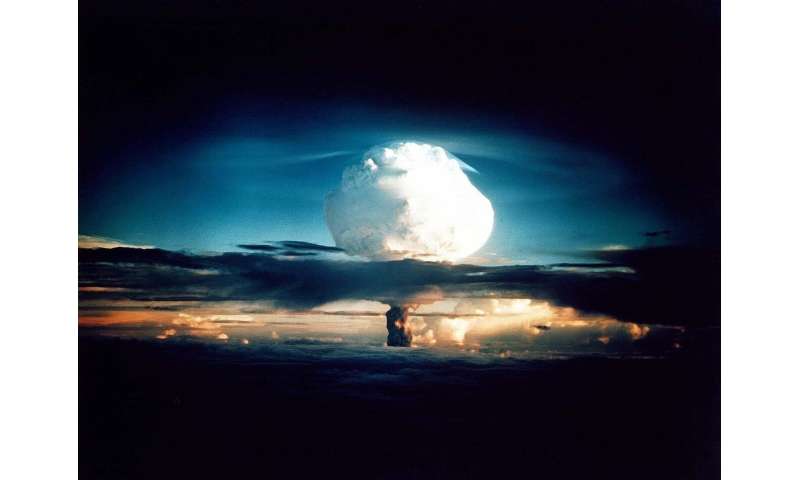
A small team of researchers from the University of Chicago, Pennsylvania State University, and Aarhus University has found that people who are exposed to end-of-the-world movies may be more resilient when dealing with the real-life ongoing pandemic. They have written a paper describing questioning volunteers about movies they had seen and their real pandemic experiences. Their paper is availabe on the PsyArXiv preprint server.
The movie industry has been cranking out end-of-the-world type movies for years—from Martians attacks and massive volcanic eruptions to asteroid strikes—and, of course, pandemics killing everyone. Psychologists have been trying to understand why people watch such movies, but have met with little success. In this new effort, the researchers looked at such movies in another way—as preparation for real-life disaster scenarios.
They wondered if watching a movie about an epidemic, such as “Contagion,” (2011) starring Gwyneth Paltrow and Matt Damon, might help people deal with a real-world pandemic. They noted that viewership of “Contagion” rose dramatically during the first few months of the coronavirus pandemic. To find out why, and whether watching the movie helped viewers, the researchers turned to Prolific—an online recruitment tool that allows researchers to connect with volunteers virtually. For their study, the researchers queried 126 individuals—notably, each of them was paid for their efforts. The researchers asked them about themselves and whether they were fans of movies in certain genres. They also asked them how they were feeling about the coronavirus and, of course, if they had watched the movie “Contagion.”
Source: Read Full Article
